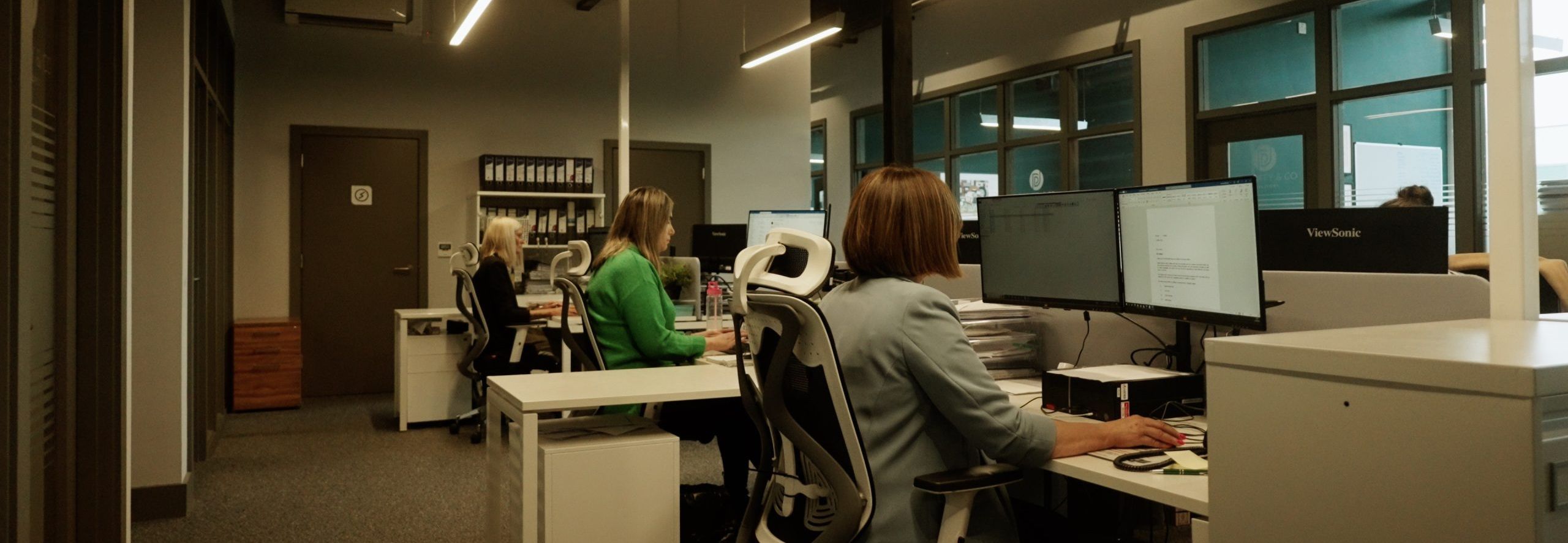How can we help?
At P.A. Duffy and Co Solicitors, we are committed to protecting and promoting the fundamental human rights provided for by EU and International law. Our expert solicitor will be able to help you with:
Data Protection and Privacy: The General Data Protection Regulation (GDPR) protects individuals' privacy, but breaches can still occur.
Freedom of Expression and Media: Media freedom is essential, yet issues of censorship and journalist safety persist.
Environmental Rights: The EU has comprehensive environmental regulations aimed at protecting citizens' health and the environment.
Access to Justice: Access to justice, including the right to a fair trial and legal aid, remains a crucial area where individuals might encounter barriers, requiring effective remedies and timely judicial processes.
The right to life and the right to an effective investigation following certain deaths.
The right to a private and family life: The European Court of Human Rights protects your right to respect for your private life, your family life, your home and your correspondence (letters, telephone calls and emails, for example).
The right to be free from discrimination: The Human Rights Act makes it illegal to discriminate on a wide range of grounds including ‘sex, race, colour, language, religion, political or other opinion, national or social origin, association with a national minority, property, birth or other statuses.
For a consultation with one of our experts, call us on 01 533 7860 (IE). We will talk through your situation with you and discuss what the first steps are in bringing an EU or International law case. We can also answer any questions you may have.
Alternatively, you can fill in our online Contact Form and we will ring you.




